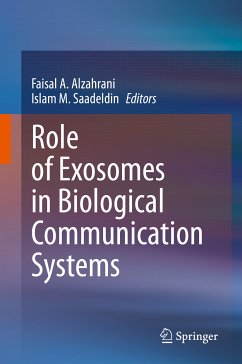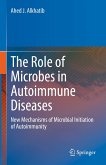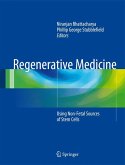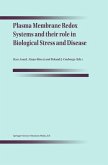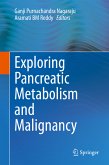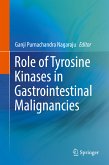This book reviews the role of exosomes and extracellular vesicles in both normal and pathological conditions. It first explains isolation methods for exosomes, and analyzes their fine structure and biological functions. Further, it highlights exosomes' role as the key regulator in embryonic-maternal communication, and in the pathogenesis of various diseases, including cancer and urogenital, infectious, and neurodegenerative diseases. Moreover, it reviews the latest advances in using stem-cell-derived exosomes as a cell-free strategy in regenerative medicine, as well as the potential of exosomal microRNA as a promising non-invasive biomarker and targetable factor in cancer diagnosis and treatment. Lastly, it explores the use of natural and synthetic exosomes as nano-vehicles for efficient drug delivery.
Dieser Download kann aus rechtlichen Gründen nur mit Rechnungsadresse in A, B, BG, CY, CZ, D, DK, EW, E, FIN, F, GR, HR, H, IRL, I, LT, L, LR, M, NL, PL, P, R, S, SLO, SK ausgeliefert werden.

